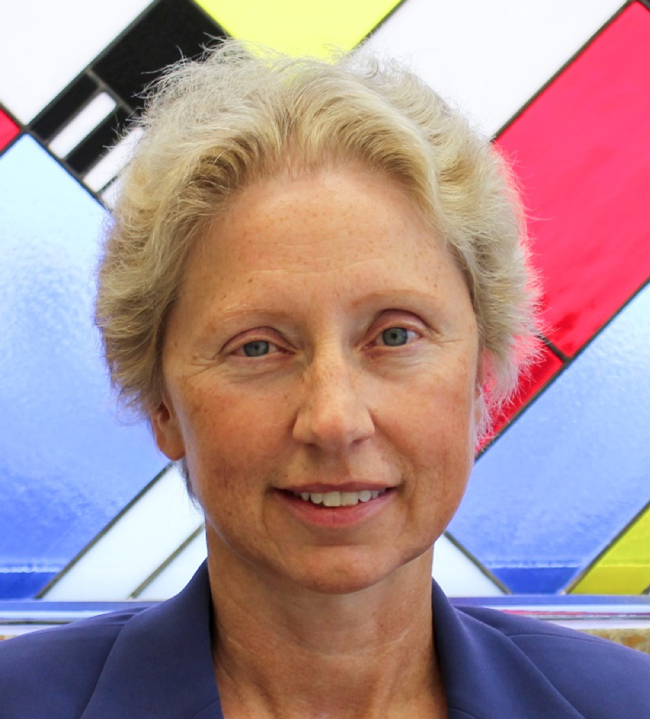
Caroline Palmer of McGill’s Department of Psychology has received a $1.65 million research grant, to be distributed over six years, from NSERC’s Collaborative Research and Training Experience (CREATE) for her research and training program, Complex Dynamics: Accelerating discoveries in brain and behavior.
Palmer is one of the few researchers to receive two CREATE training grants to date. From 2009-2015, she led an NSERC funded CREATE program in auditory cognitive neuroscience, training over 180 students and postdoctoral fellows. Her significant findings from that program informed her training program application in Complex Dynamics.
Palmer is among 18 other Canadian researchers awarded $1.65 million in grants from the Canadian government for a period of up to six years. The innovative training programs must foster the acquisition and development of important professional skills among students and postdoctoral fellows that complement their academic qualifications, in preparation for careers in industry, government, non-governmental organizations and/or academia.
Palmer’s program is designed to train future scientists to evaluate fluctuations in biological rhythms critical to heart rate, sleep and respiration. It will also consider the impact of these nonlinear periodic oscillations on attention, memory and motor activity. Mismatches between biological rhythms and environmental or societal demands can have serious consequences for job performance, mental health and quality of life. For example, night work shifts and sleep deprivation have been shown to play a role in industrial accidents. The program integrates training in mathematics, physics, and computer science with neuroscience, physiology and psychology to extract the complex dynamics that underlie both the neural and behavioural activity of humans.
“We are especially fortunate, following our experiences running a previous CREATE training grant, to have fantastic training facilities in the Image Analysis Lab in Stewart Biology,” said Palmer. “With the support of the Dean of Faculty of Science and the CRBLM, we are able to host CREATE trainees and their data in this excellent facility for computational modelling of nonlinear processes.”
Palmer’s trainees will work in a multi-disciplinary environment and each graduate trainee will hold an internship with an industry partner. This industry experience will expose trainees to brain-sensing technologies, bioinformatics measurements, and a wide range of brain-behaviour interface technologies. Jointly held workshops and trainee exchanges with six Canadian universities and three international networks will strengthen trainees’ professional networks.
“I would like to thank the Government of Canada, NSERC and our industrial partners for this significant investment in McGill’s innovation and excellence in the field of cognitive neuroscience,” said Martha Crago, McGill’s Vice-Principal of Research and Innovation. “The CREATE program enables an emerging generation of researchers to pursue fundamental, long-term research while at the same time gaining the skills they need to bridge the gap between academia and industry.”
The program will benefit from the expertise of McGill’s Center for Applied Mathematics in Bioscience and Medicine, McGill’s Dobson Centre for Entrepreneurship and the Healthy Brains for Healthy Lives CFREF-funded program, who are partners on the Complex Dynamics training grant.
